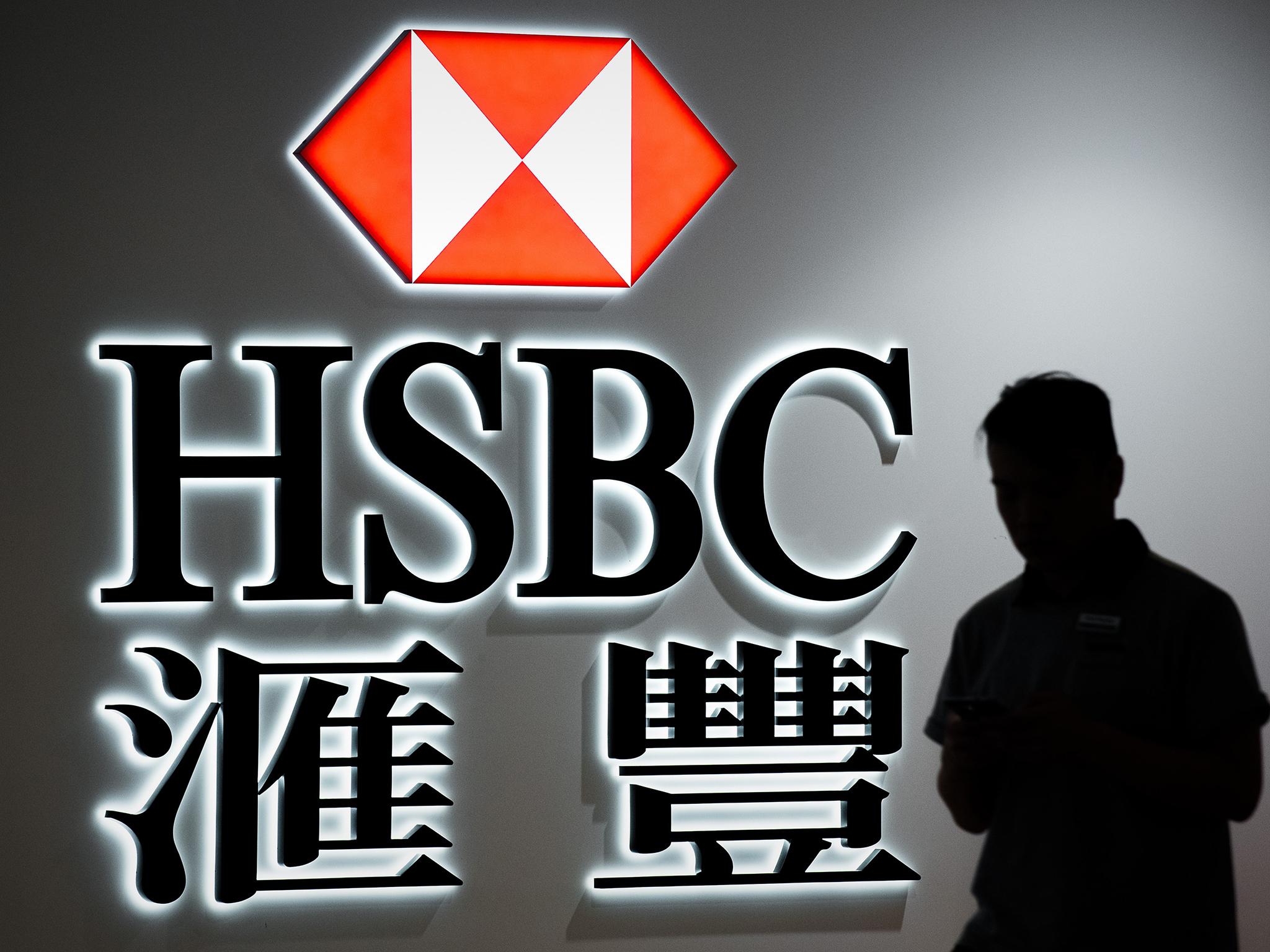HSBC is enjoying a trip down the Pearl River. But don’t mention Jaws
Outlook: Perhaps it was the questions raised about HSBC’s leadership that annoyed Mr Gulliver

Did you have “Pearl River Delta” on your HSBC buzzword bingo card? Call out house!
That part of China is currently HSBC’s great hope and those three little words are favourites of chief executive Stuart Gulliver. I did start totting up how many times they were uttered during the third quarter results media call, but I quickly lost count.
While Mr Gulliver gushed about the region, he was rather less keen on addressing some of the other questions he faced and brought the proceedings to a close on a sour note.
It wasn’t entirely clear what vexed him. He clearly has little love for the persistent questions about the bank’s review of its domicile, but that is a rod his board created, and one that now looks set to hang over into 2016. So, however much he’d like to be asked about how marvellous the Pearl River Delta is, the questions about London, and whether HSBC plans to stay or not, will continue.
The same goes for Jaws and when they will turn positive. For the uninitiated, Jaws ratios are the difference between the rate of revenue growth and that of cost growth. Bank bosses love to exercise their jaws by talking about them going positive. Unfortunately, while HSBC beat analysts’ expectations, not least because it didn’t get fined, its Jaws are negative and will remain so for a while.
But perhaps it was the questions raised about HSBC’s leadership that really annoyed Mr Gulliver.
“We’ve got the best team in banking,” said Mr Gulliver’s, chairman Douglas Flint, in an attempt to deflect them. Perhaps that would be easier to say if HSBC had positive Jaws? Perhaps the Pearl River Delta will one day provide that? Investors must hope so.
HSBC analysts were largely happy, describing its results as reassuringly dull. It’s future, however, is cloudy. So annoying questions will linger. Mr Gulliver will doubtless try to counter them by talking about the Pearl River Delta, and the great potential of that region which might be the ultimate location of HSBC’s headquarters…
There, I’ve mentioned it on five occasions, Perhaps that will cheer Mr Gulliver up.
Insurers don’t want too much transparency
Having lost members of the calibre of Aegon and Legal & General over the past 18 months or so, it perhaps shouldn’t come as any great surprise that the Association of British Insurers has been busy of late.
Its latest initiative in the field of general insurance is aimed at putting it on the front foot when it comes to improving the industry’s less than stellar reputation.
Hence the bold declaration of “new measures to build consumer trust in insurance”. The first of these, unveiled by chairman Paul Evans at the ABI’s biennial conference, is the publication of claims acceptance rates, the average claim cost, and the percentage of customers who were paid a claim in the past year.
That might seem like a worthy exercise, but unfortunately it’s simply industry-wide data which is being put out with the aim of addressing “the perception that insurers don’t pay claims through improved transparency”.
If the industry really wanted to improve transparency then firms would publish their own data and allow consumers to compare and contrast. But of course that might involve sacrificing the holy grail of “commercial confidentiality”, so we won’t see it happening unless the regulators get involved. The second initiative is a new code designed to protect “vulnerable consumers”, jointly agreed with Biba, a trade body for insurance brokers. Sound good? Here’s the problem: the two admit that the definition of “vulnerable” varies from company to company.
There are various pledges on staff training, business processes and communications when it comes to policy renewal dates. In theory, greater efforts should be made to inform “vulnerable people” that they have options when their renewal dates approach.
But unfortunately, even if you think the code is worthwhile (and I don’t), it is entirely voluntary. So, again, we might not see any real change until, that’s right, the regulators get involved.
But at least the ABI is doing something.
Does Thomas Cook really get it? We’ll see
Justin King never forgot the importance of the customer experience while he was at Sainsbury’s. If that isn’t right, then it doesn’t matter how pretty the financials you report to analysts are, because they won’t be pretty for long.
Business news: In pictures
Show all 13Thomas Cook forgot that, with its disgraceful treatment of the parents of Christianne and Bobby Shepherd, who died from carbon monoxide poisoning while on one of the company’s holidays, in a tragedy that was entirely avoidable. Mr King, who was brought in to review its operations, has made a number of recommendations for change, but appears to be saying that the company now “gets it”. We’ll see. Its behaviour in the years – yes, years – leading to this point provides ample ground for scepticism. Its executives should have taken ownership of dealing with the scandal and with the parents. They didn’t.
They left it to their lawyers and their underlings, picked up their bonuses, and went home to their families at night. There is precious little in the way of criticism here for them, so they’ll sleep easy, which is something the parents of those children will probably never do.
Subscribe to Independent Premium to bookmark this article
Want to bookmark your favourite articles and stories to read or reference later? Start your Independent Premium subscription today.

Join our commenting forum
Join thought-provoking conversations, follow other Independent readers and see their replies